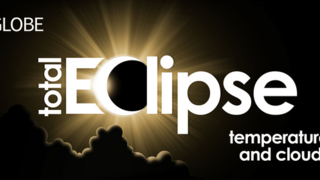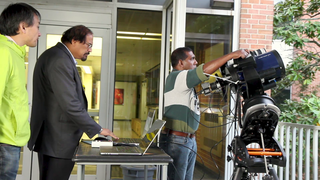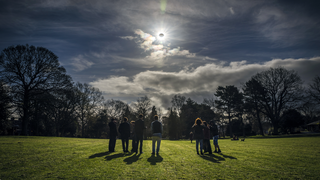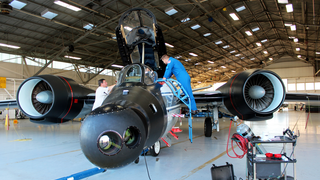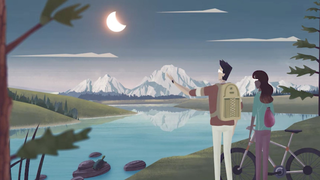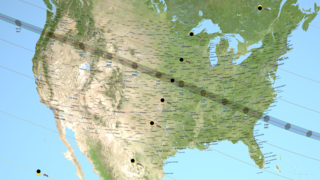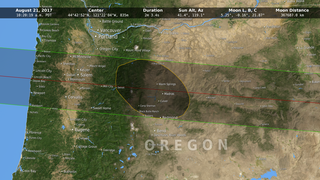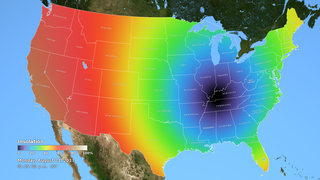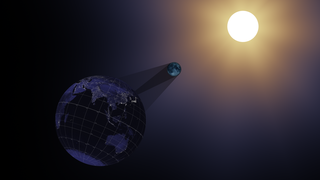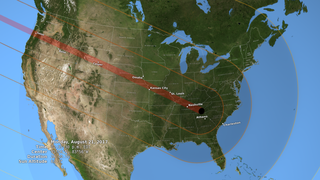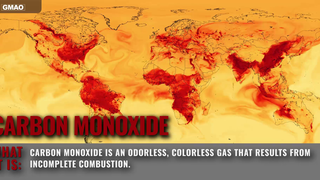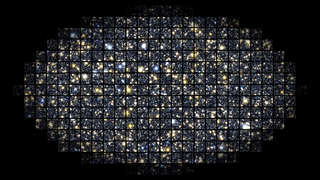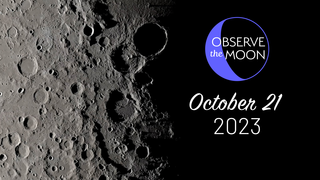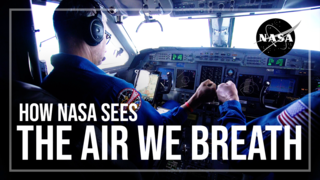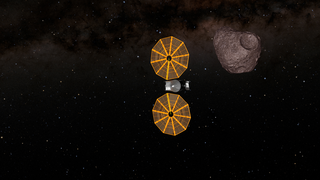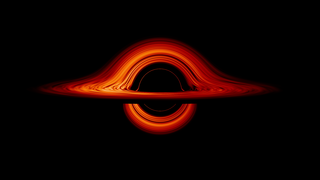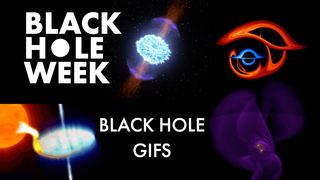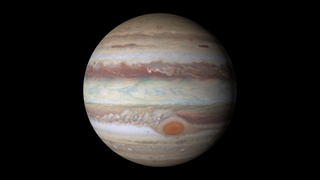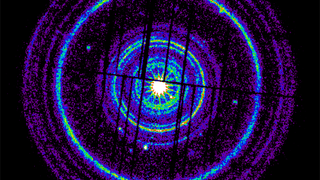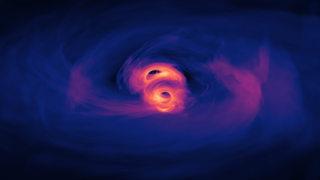Are You Ready for the Eclipse? (Live Interviews on Aug. 16, 2017)

Do you have what you need to see it safely?
You can see the eclipse no matter where you are in North America on Aug. 21!
August 21 will be a day for the history books. No matter where you are in North America, you’ll get to experience the first coast-to-coast solar eclipse in nearly a century! The dark shadow of the moon will sweep from Oregon to South Carolina, putting 14 states in the path of totality and providing a spectacular view of a partial eclipse across all 50 states.
Eclipses are an incredible experience, but it’s important to view them safely. Join NASA scientists on Wednesday, August 16, from 6:00 a.m. – 12:30 p.m. ET and again from 3:00 p.m. – 8:00 p.m. ET to show your viewers what they need to safely see the eclipse whether they’re inside the path of totality or not.
You should never look directly at the sun! The only safe way to look directly at the sun or partially eclipsed sun is through special-purpose solar filters, such as “eclipse glasses” or hand-held solar viewers. An eclipse is a striking phenomenon you won't want to miss, but you must carefully follow safety procedures.
Solar eclipses happen somewhere in the world about every 18 months, but much of the time it happens over the ocean. To have an eclipse travel across so much land where millions of people live is incredibly rare, and makes for a unique opportunity for so many to witness one of nature’s most impressive shows. It’s also a great opportunity for scientists to see the sun’s faint outer atmosphere and evaluate how Earth responds to the sudden darkening.
Take this opportunity to step outside and safely watch one of nature’s best shows!
Contact Michelle Handleman michelle.z.handleman@nasa.gov / 301-286-0918
HD Satellite Digital Coordinates for G17-K20/Up: Galaxy 17, Ku-band Xp 20, Slot Upper | 91.0 ° W Longitude | DL 12109.0 MHz | Vertical Polarity | QPSK/DVB-S | FEC 3/4 | SR 13.235 Mbps | DR 18.2954 MHz | HD 720p | Format MPEG2 | Chroma Level 4:2:0 | Audio Embedded
Suggested Questions:
1. The anticipated solar eclipse is just days away! What will we experience next week?
2. We’ve been told never to look directly at the sun (even with sunglasses!). How can we enjoy this eclipse safely?
3. For those in the path of totality – when is it safe to finally take off our solar glasses?
4. We’re not in the path of totality – what interesting things should we lookout for?
5. Why are you excited for this eclipse?
6. Where can we learn more?
Extra Questions for Longer Interviews:
7. How did a picture of an eclipse in 1919 prove Einstein’s theory of relativity?
8. Eclipses are actually a special type of transit. How are transits helping scientists search for life on other planets?
9. Why does an eclipse only last for a few minutes?
10. What happens to Earth during the eclipse?
11. If you were looking back at Earth during the eclipse what would you see?
12. How has our precise mapping of the moon helped us predict the path of eclipses?
13. How long and where was the longest ever recorded eclipse?
Location: NASA’s Goddard Space Flight Center/Greenbelt, Maryland
Interviews With:
Dr. Michelle Thaller / NASA Scientist
Dr. Alex Young / NASA Scientist
Dr. Jim Garvin / NASA Scientist
Dr. Nicholeen Viall / NASA Scientist
Dr. Eric Christian / NASA Scientist
Dr. Yari Collado-Vega / NASA Scientist [Spanish speaker]
Dr. Geronimo Villanueva / NASA Scientist [Spanish speaker]
@NASASun
How to photograph an eclipse.
Planning to take photos of the eclipse? Check out our tips for capturing the best images:#Eclipse2017
Related
Credits
Clare Skelly (NASA/GSFC): Producer
Michael Randazzo (Advocates in Manpower Management, Inc.): Lead Editor
Stuart A. Snodgrass (KBR Wyle Services, LLC): Editor
NASA's Goddard Space Flight Center
https://svs.gsfc.nasa.gov/12565
Keywords:
SVS >> HDTV
SVS >> Eclipse
SVS >> Live Shots
NASA Science >> Earth
NASA Science >> Sun
